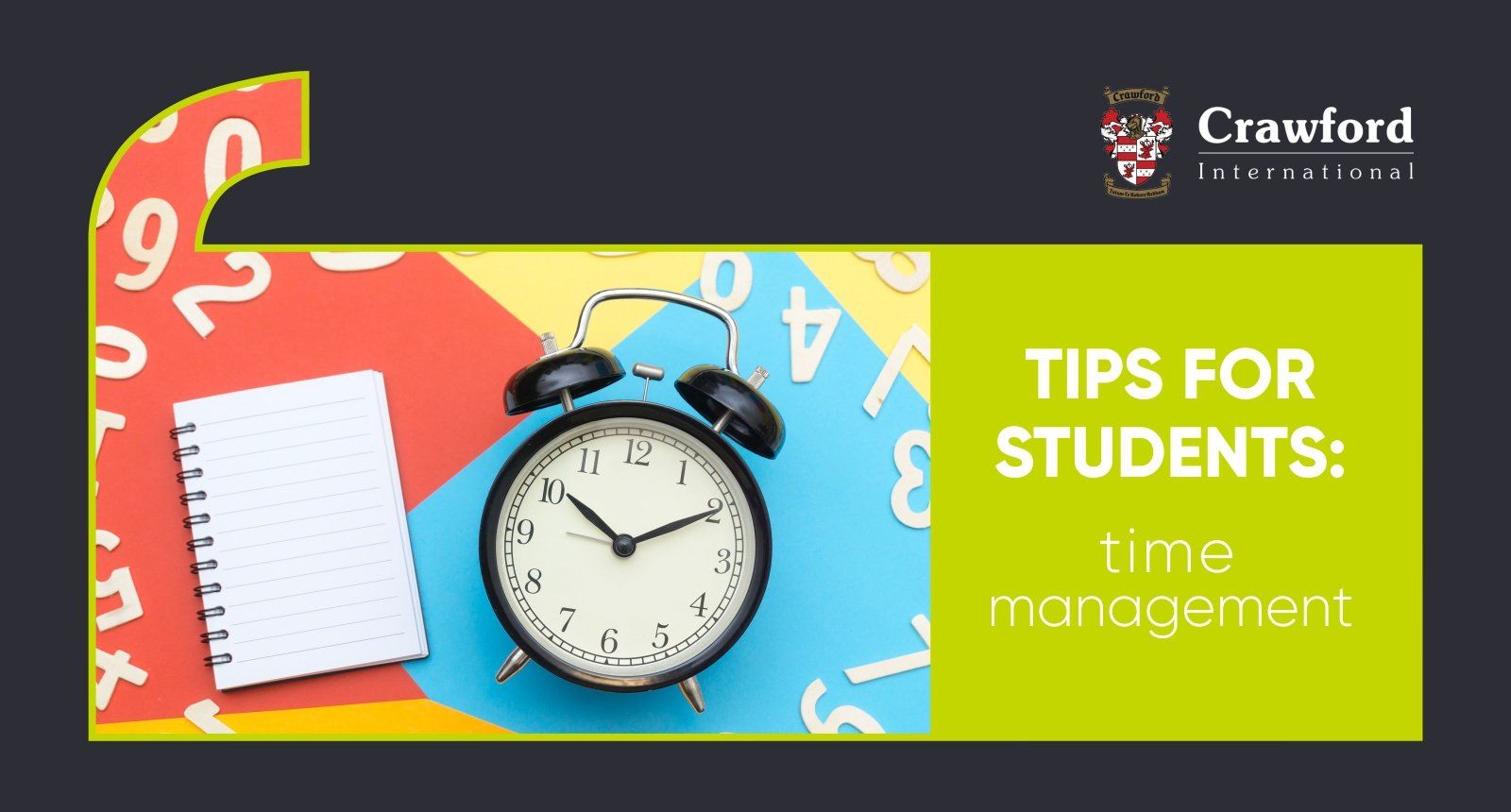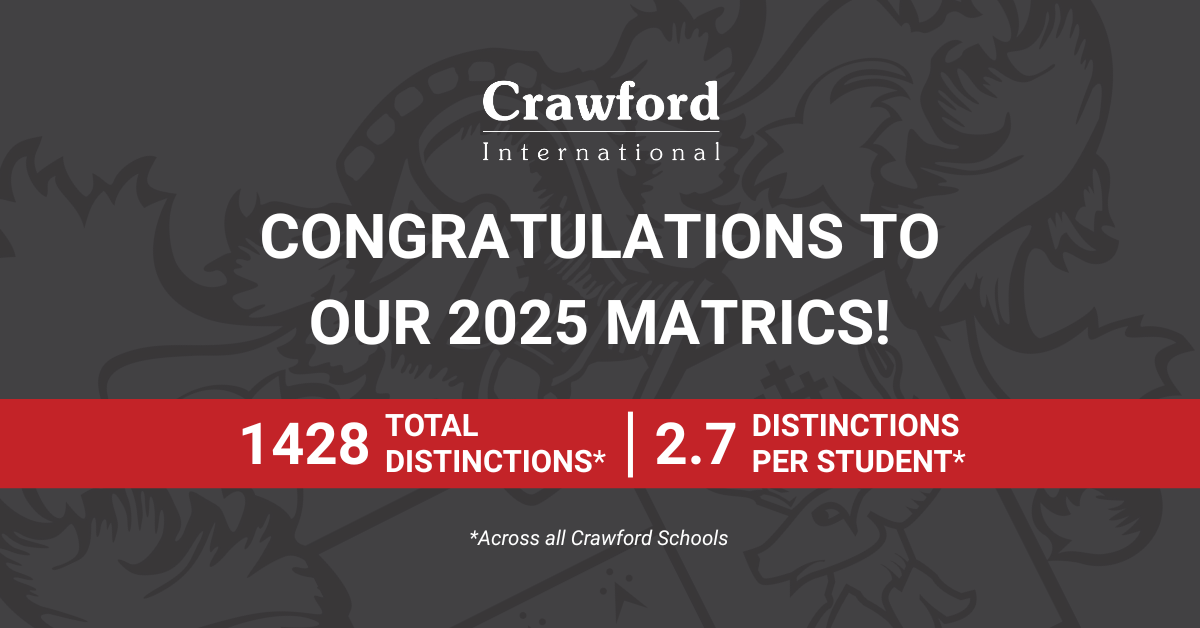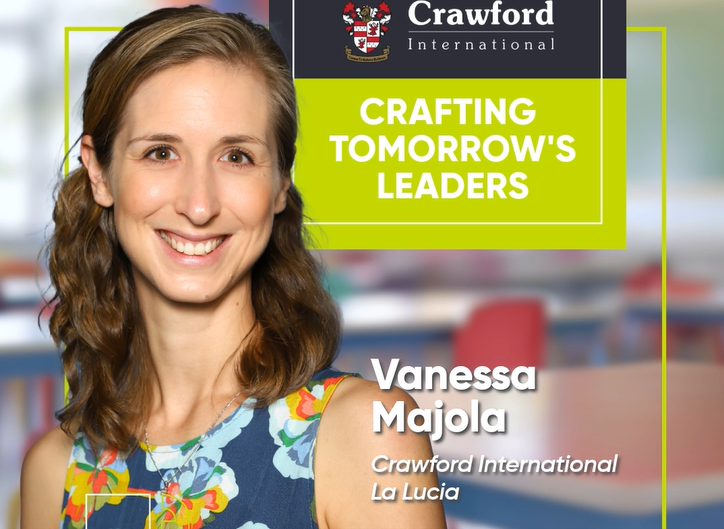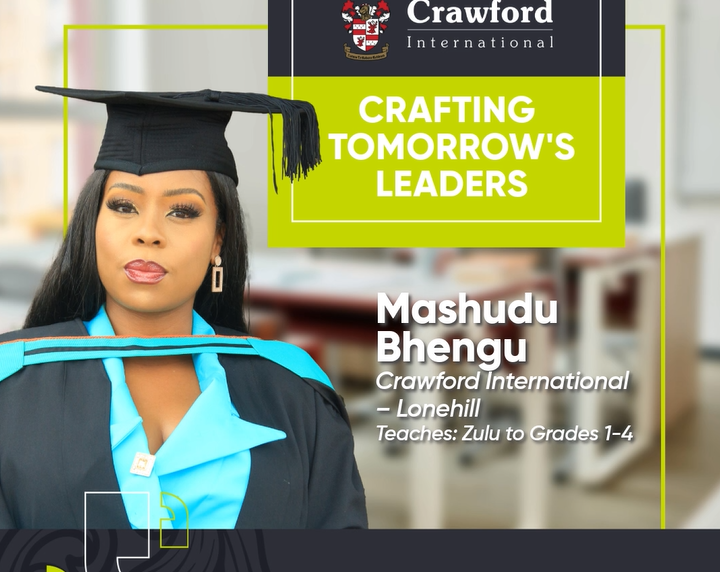The Importance of Time Management
ADvTECH Group • June 3, 2022
Teaching your children the concept of time and the skill of time management is one of the most important life lessons they can learn.

After all, time is the axis on which our world spins and without it we would never meet people for coffee, we would not know when the match is being played and we would not know when we are getting paid! Teach your children early and their lives will be better for it.
Tips for Parents
Tip 1: Don’t wait
It is never too early to start teaching your children the skill of time management, which in turn teaches other things such as discipline, respect for others and responsibility. Unlike adults who perceive time by using a clock, our children actually start to understand time through daily activities such as breakfast time, homework time and play time.
To develop time understanding try to ‘box’ tasks into times so that they can understand that there is a beginning and an end to every task – they will be more likely to get it done.
Tip 2: The ‘Now’ generation
Instant gratification is a factor of our society and causes children to have an unrealistic understanding of acceptable timelines. It also does not facilitate the notion of working towards something over time to earn it or waiting with anticipation for something so they learn the value of it.
When talking to your children be sure to give them definitive time frames, such as: you will not be getting a PS4 now, you will be getting one in three months’ time, if you succeed in your tasks. Try not to say things like, “Not now!” Naturally this will raise the question of ‘When?’ This does not help children break time into chunks; it just becomes an endless sea of hours and minutes.
Tip 3: Off track
When your child gets off track, it is not always because they are trying to be disobedient or lazy, it can be because they don’t know how to manage their time and need some guidance. A few concepts to consider are:
- Help your child learn a routine as this is the simplest way to teach time.
- Keep your expectations reasonable. Remember learning a new skill like time management takes practice – be patient with them.
- Teach them to tell time and measure time.
- Teach them the concept of time and what it means to others.
- Always make it fun.
Tip 4: Teenagers and time
Most adults struggle with how to manage time effectively. Teens are no different. Teens who don't learn time management skills are at risk of becoming lifelong procrastinators.
Rather start helping your teen find their own rhythm. Are they morning, noon or night people? Helping your teenager identify their productive period rhythm is key for them to execute good time management.
Tips for Students
Tip 1: Calendar Planning
You’ve heard it before: if you fail to plan then you plan to fail. Look at the calendar, plan your time in that calendar. Check the calendar regularly and don’t deviate from the time unless you absolutely can’t help it.
Tip 2: Use the A-B-C Method
What do you work on first? Prioritise your time according to the following:
A - What needs to be done right now?
B - What would be nice to finish today?
C – What can be pushed to tomorrow?
Tip 3: Procrastinate no more
Realise when you are procrastinating and ‘step out of yourself’. Take a good look at the situation objectively and then get into gear. You, and only you, are responsible for your own shortfalls. Take control!
Tip 4: Blurred Lines
Have you heard the saying, ‘many rivers cause muddy waters?’
Try to focus on one project at a time. Do what you need to do on that project and then move to the next one. Every project deserves your focus, so do one at a time.
Tip 5: Set Deadlines
Without deadlines, nothing would get done! Set them, stick to them and you will achieve your goals and have time to have fun too.
Tip 6: Remember to break
We would recommend studying hard and consistently for 50 minutes (high school) with a 10 minute break. While you break, do something outdoors so you get a fresh perspective and some fresh air. But in order to take a break you need to do the work, so study properly.
Read another great Crawford International blog article on The Importance of Revision here.












